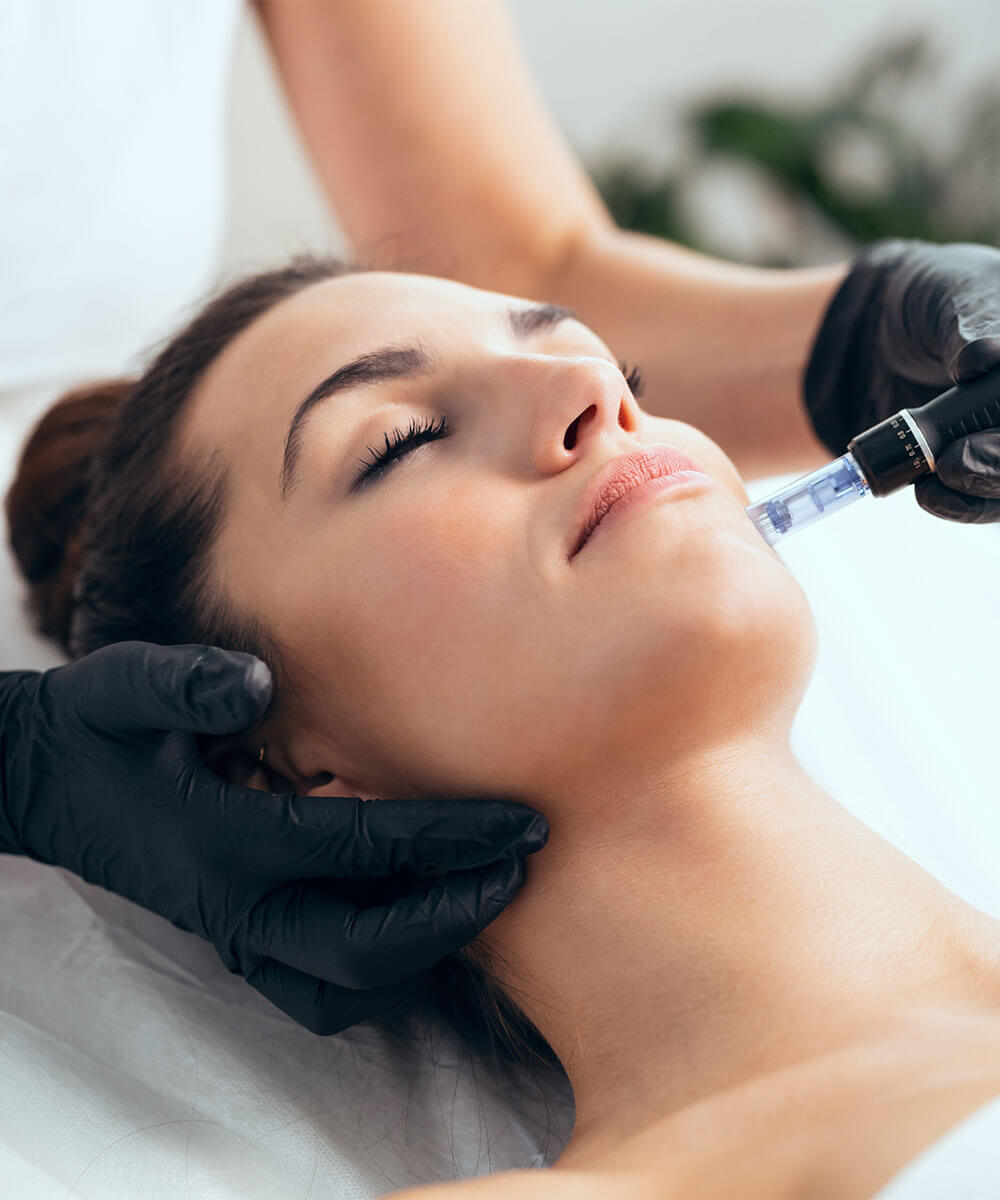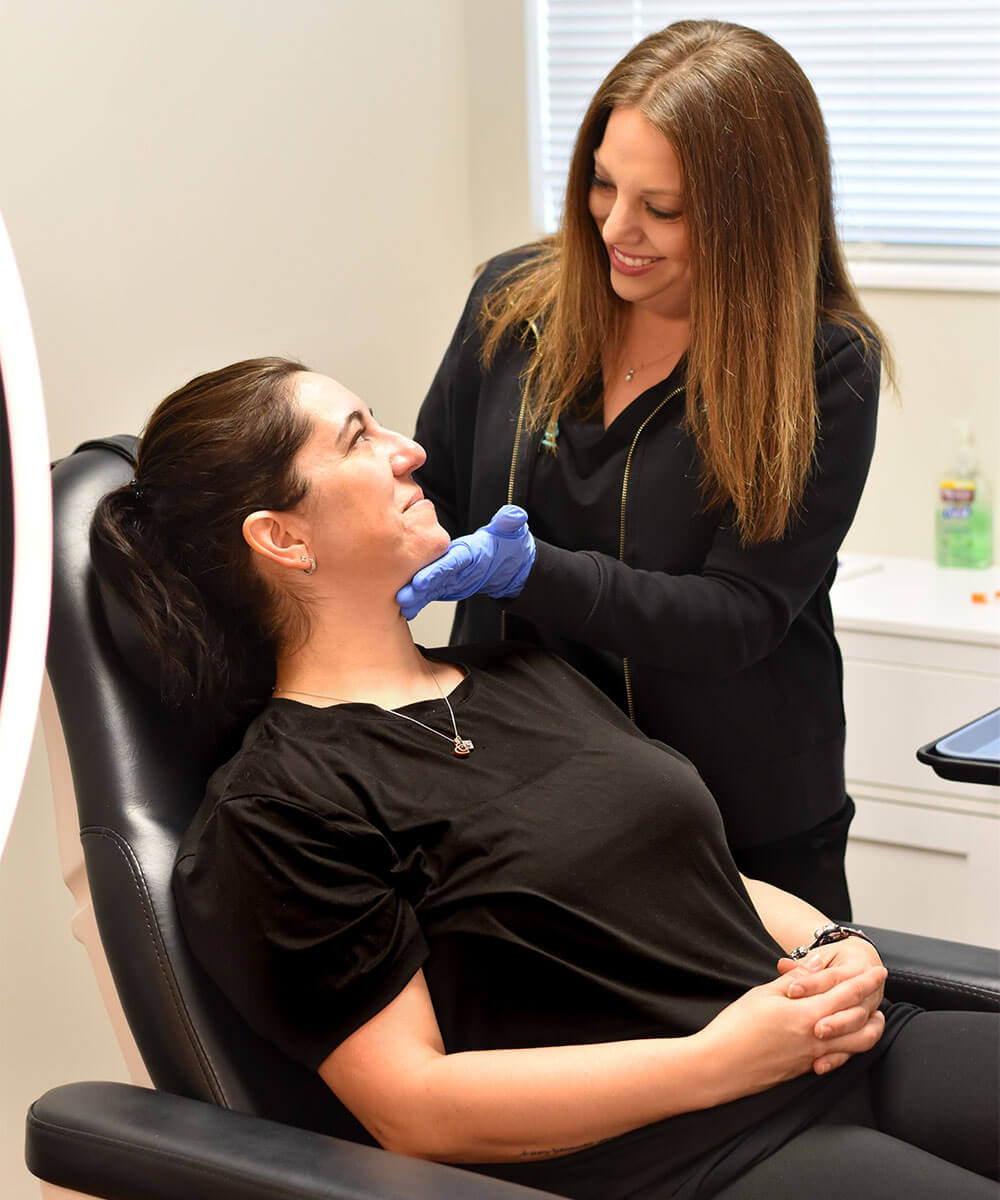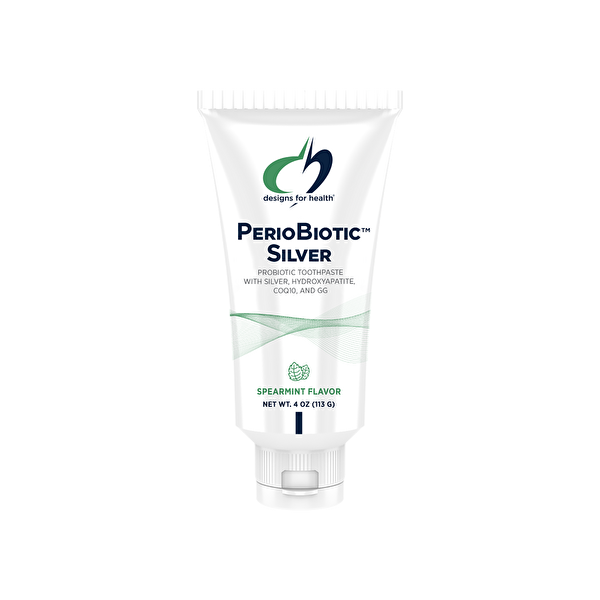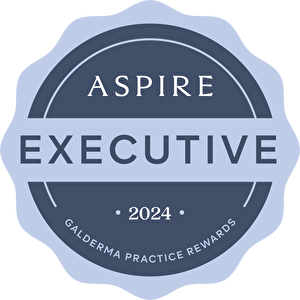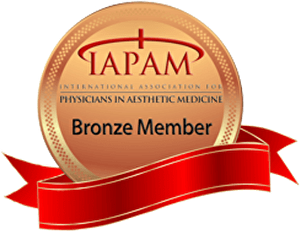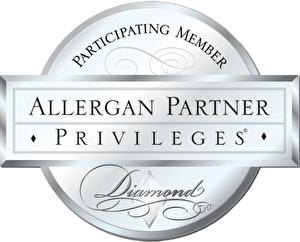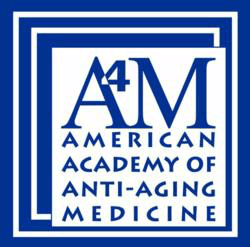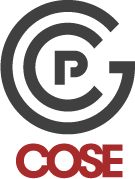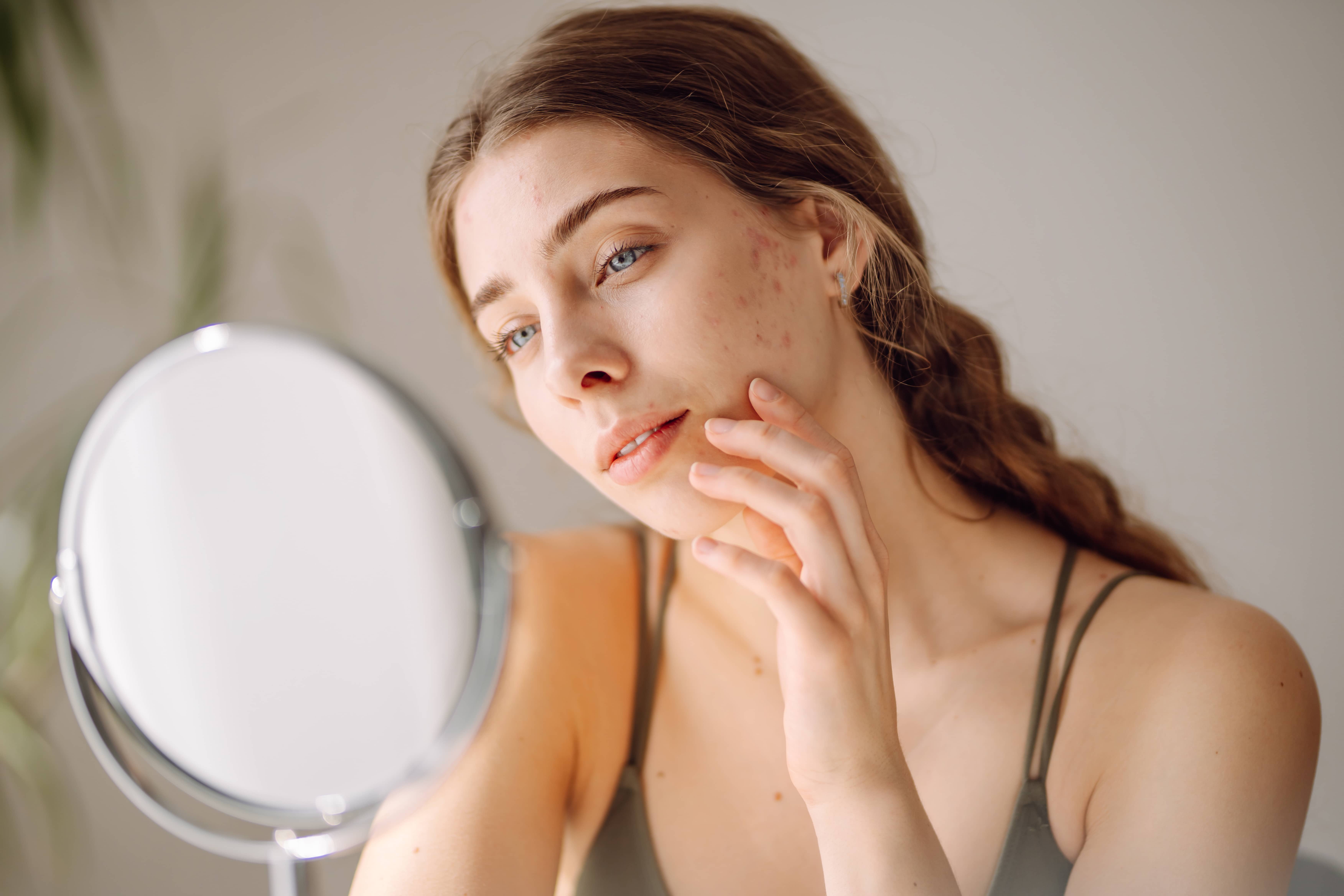
Written by Lauren Lund, APRN-CNP & Kylie Clendenin, Licensed Esthetician
Acne can affect people of all ages and take a serious toll on self-esteem and confidence. While skincare products and medications can help, many people overlook the powerful role that everyday habits play in skin health. From what you eat to how much you sleep, your daily choices can either contribute to breakouts or help keep your skin clear. In this post, we’ll explore simple but effective lifestyle changes that can support your skin from the inside out and help you take control of acne naturally.
Food Choices
We have dedicated an entire blog to how the foods you eat can affect your skin health. In general, people struggling with acne may want to cut back or eliminate foods containing dairy, gluten, soy, whey, high trans fats. We recommend eating a low glycemic and anti-inflammatory diet such as a Mediterranean Diet. You can read more about this HERE.
Supplements
Many nutrients to support clear skin can be found in a healthy diet however some people also should use supplements. We recommend the following vitamins for your skin health: High quality Omega 3 / Fish oil supplement (such as OmegAvail™ Hi-Po), Zinc, and a multivitamin for Antioxidant support such as ADK Evail™. You should avoid Biotin supplements if you are struggling with acne because it can contribute to pore blockages.
Sleep
Sleep plays a critical role in regulating hormonal balance, immune function, and skin repair—all of which directly influence acne development. Poor sleep quality or insufficient sleep increases levels of cortisol, the body’s primary stress hormone. Elevated cortisol can stimulate excess sebum (oil) production and promote inflammation, both of which are key contributors to acne. Additionally, sleep deprivation impairs glucose metabolism and insulin sensitivity, which can lead to hormonal fluctuations known to worsen acne, particularly in individuals with underlying conditions like polycystic ovary syndrome (PCOS). During deep sleep, the body undergoes cellular repair, including regeneration of skin cells and reduction of inflammation; inadequate sleep disrupts these processes, slowing down healing and increasing the likelihood of clogged pores and breakouts. Thus, consistently getting 7–9 hours of high-quality sleep is essential for maintaining skin balance and preventing acne flare-ups.
Laundry
Detergents with fragrance can cause skin irritation. We recommend using fragrance free detergents. Avoid fabric softeners as they can leave behind a waxy residue on clothes, sheets, and towels which can cause clogged pores. Do not use liquid or dryer sheets forms of fabric softeners. Instead, use anti-static dryer balls (plastic or wool).
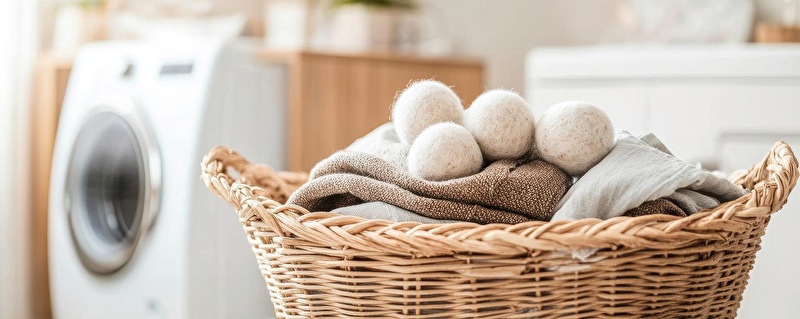
Swimming
Swimming pools containing iodine and chlorine can cause skin problems - especially for freqent swimmers. If possible, swim in salt water pools. If you are going to swim in a chemical treated pool, apply sunscreen and then a thin layer of vaseline to acne prone areas before getting into the pool.
Sun Exposure + Tanning
You may believe that sun exposure helps acne however this is not fully the truth. Sun exposure can cause desirable drying of the skin however the risks outweigh the benefits for those with acne. Sun exposure damages the follicle, exacerbates dark spots, can cause skin cancer, and causes premature aging.
People with acne should limit sun exposure, take vitamin D supplements, and always apply sunscreen.
Hand Lotions
Moisturizing the hands isn't a bad thing however many people rest their face is their hands or touch their face throughout the day. Hand lotions are not apropriate for the face and can easily transfer from our hands or our phones to our face. It is recommended to use a non-comodomic hand lotion.
Toothpaste
Experiencing breakouts around your mouth? Try using a toothpaste without SLS (sodium lauryl sulfate). We recommend PerioBiotic™ Silver which is Gluten Free, Dairy Free, Soy Free, Vegetarian, Non-GMO, BPA Free, Paraben Free, Free or Synthetic colors, and Fluoride Free. You should also always wash your face after you brush your teeth.
No Picking or Squeezing
Picking and squeezing can signifigantly harm the skin causing scarring, hyperpigmentation, and enlarged pores. Instead rub ice cubes on pustules and pimples twice a day. Extractions should only be preformed by licensed skin professionals.
Recreational Drugs + Alcohol
Recreational drug use and alcohol consumption can significantly impact skin health, particularly by exacerbating acne. Alcohol acts as a diuretic, leading to dehydration, which can cause the skin to overproduce oil in compensation, clogging pores and contributing to breakouts. It also disrupts hormonal balance by increasing cortisol levels—a stress hormone known to trigger sebum production and inflammation. Similarly, many recreational drugs, such as cannabis and stimulants, can alter hormonal activity and immune response, both of which are closely linked to acne formation. Additionally, these substances can impair liver function, reducing the body’s ability to detoxify effectively, which may result in increased skin inflammation and slower healing of existing blemishes. Together, these effects create an internal environment conducive to acne development and persistence.
This article is for educational purposes only. This article is not a substitute for a substitute for medical or health advice from a certified professional who is aware of the facts and circumstances of your individual and personalized situation. Information provided by this article DOES NOT create a practitioner/patient relationship between you and any persons affiliated with this article or website. Always speak with your physician or healthcare professional before taking any medication or nutritional, herbal, or homeopathic supplement, or using any treatment for a health problem. If you have or suspect that you have a medical problem, contact your health care provider promptly. Do not disregard professional medical advice or delay in seeking professional advice because of something you have read on this website.
